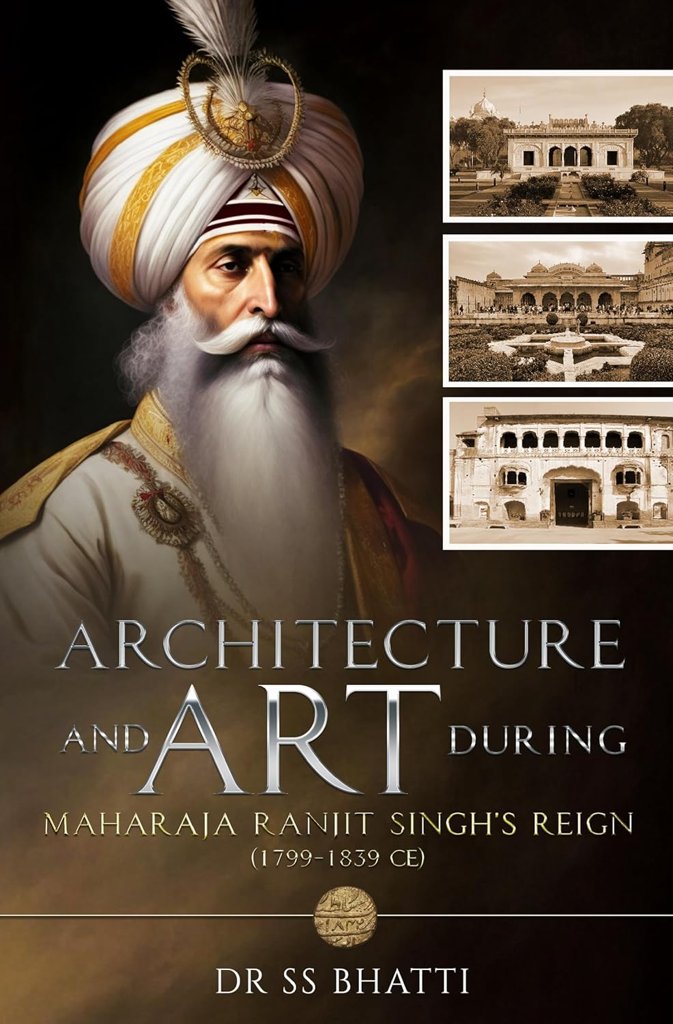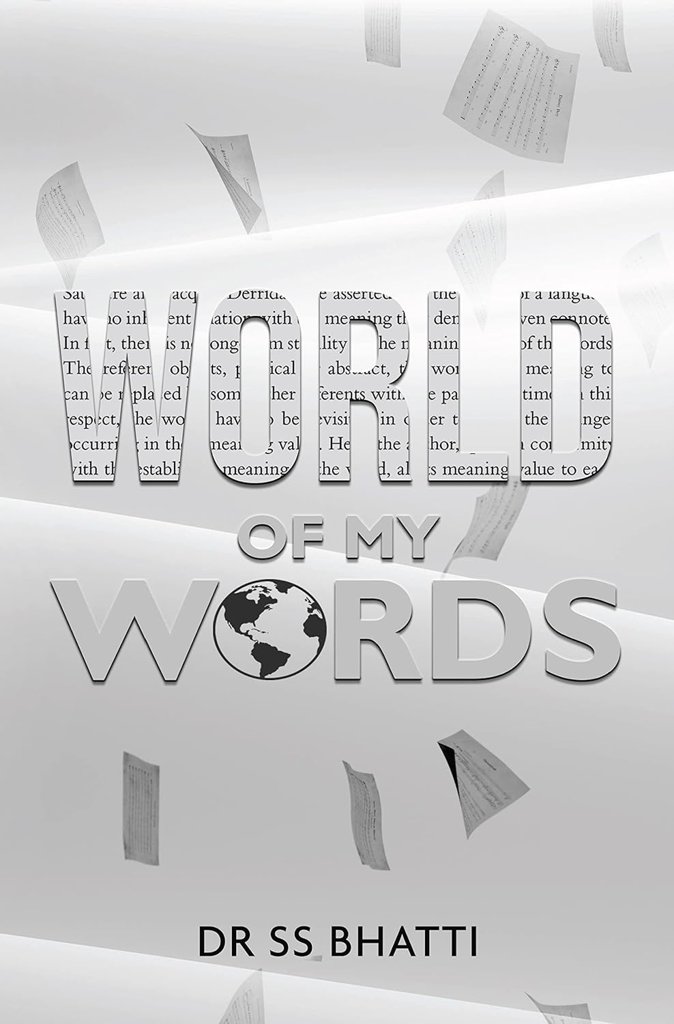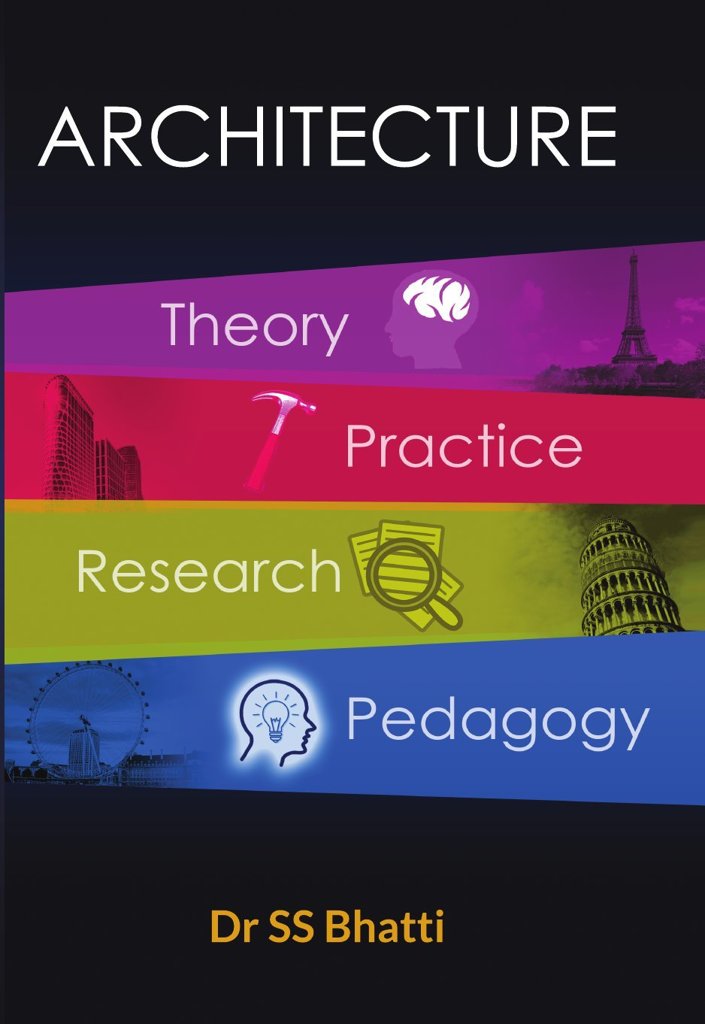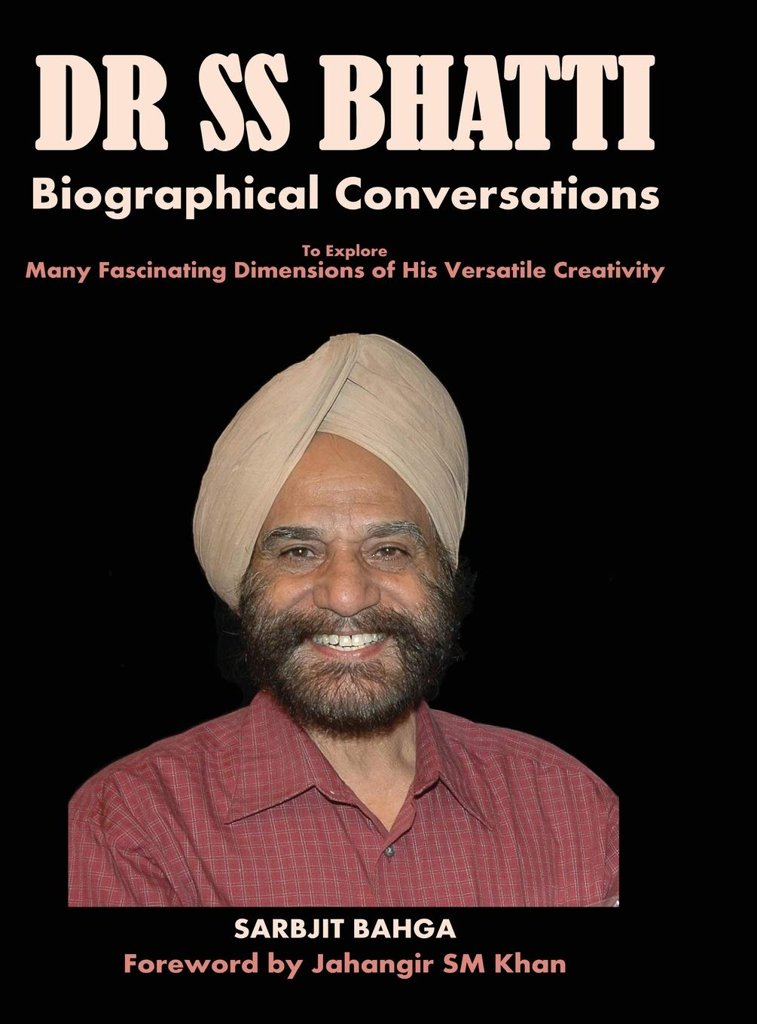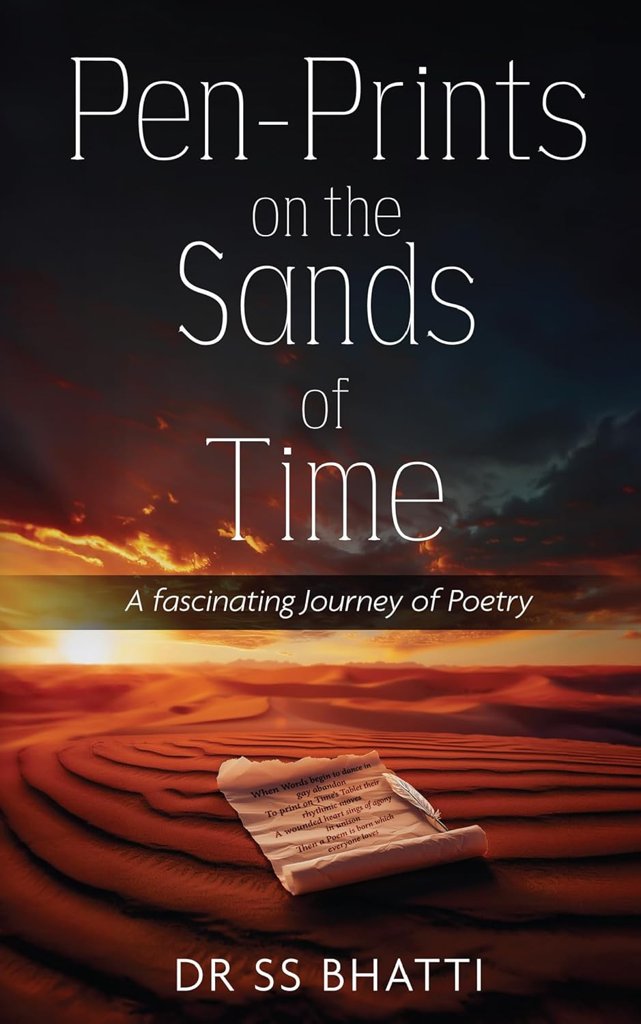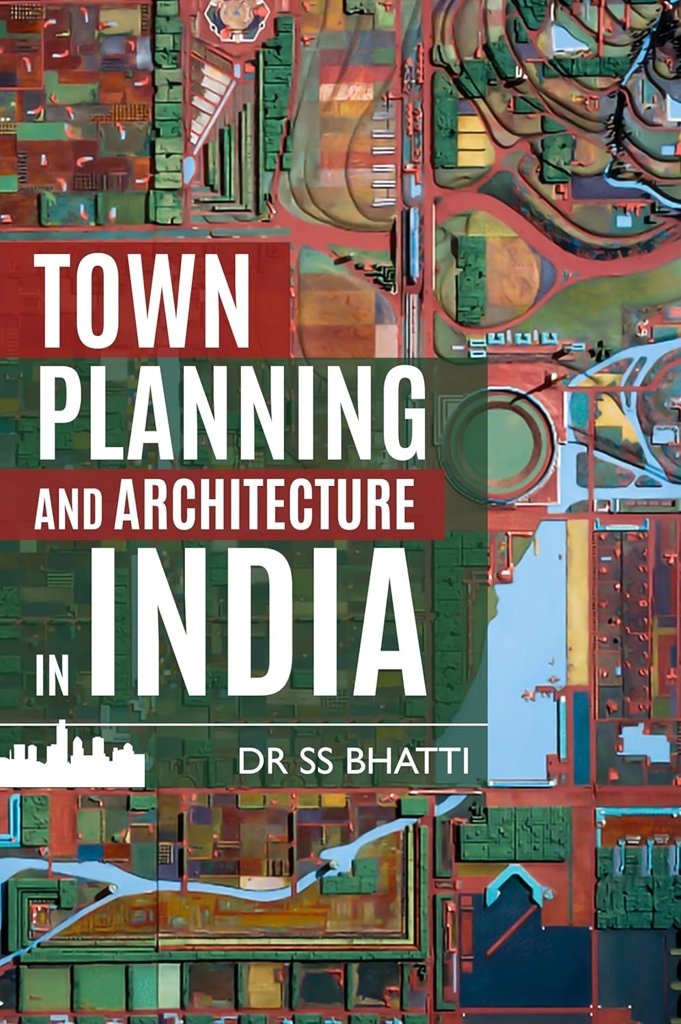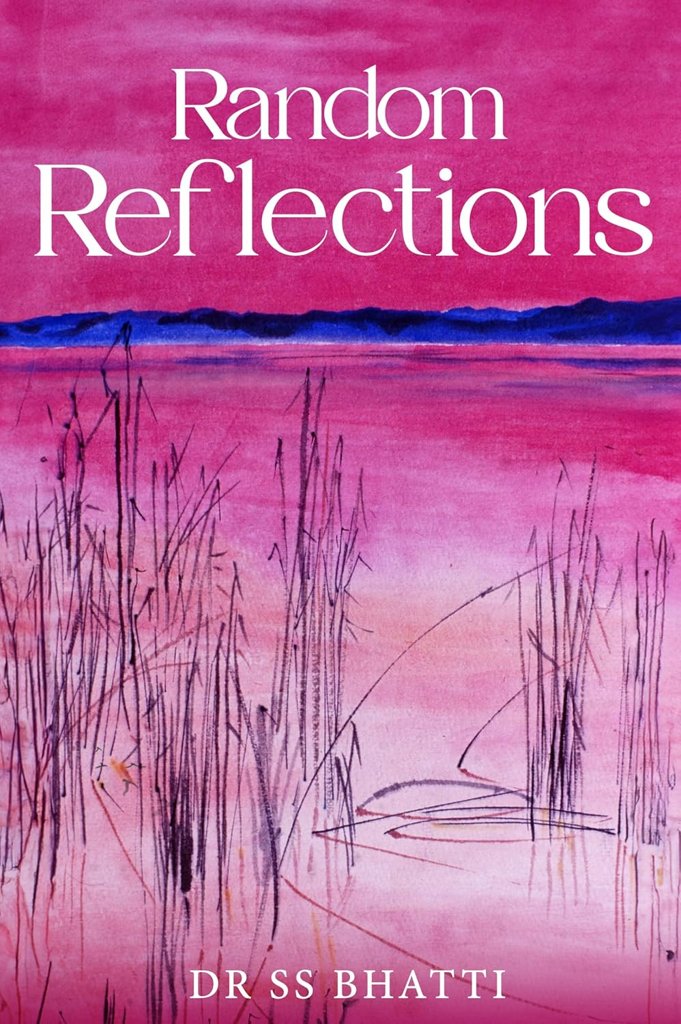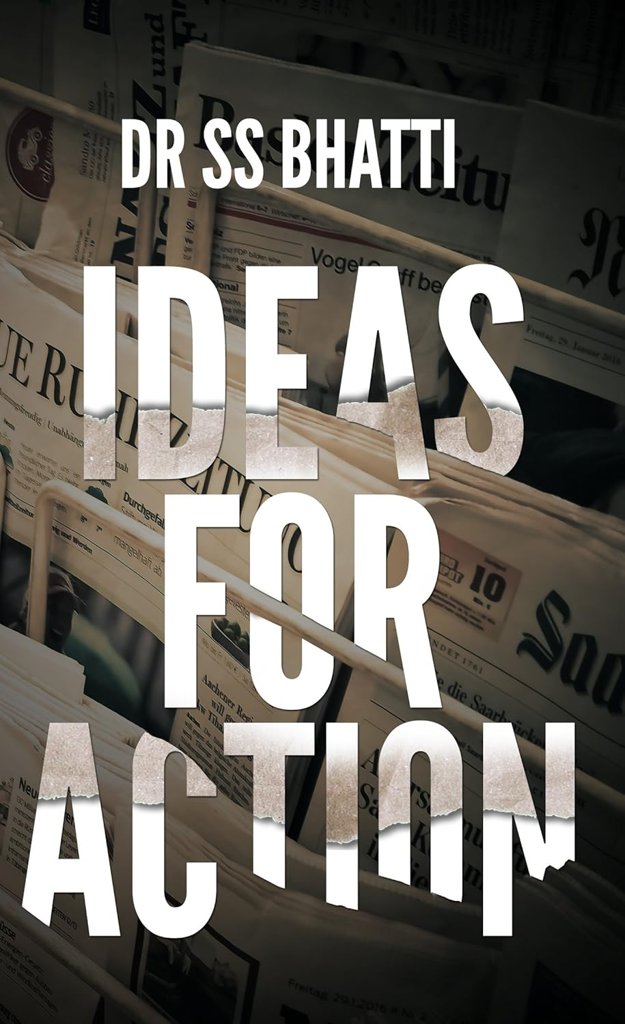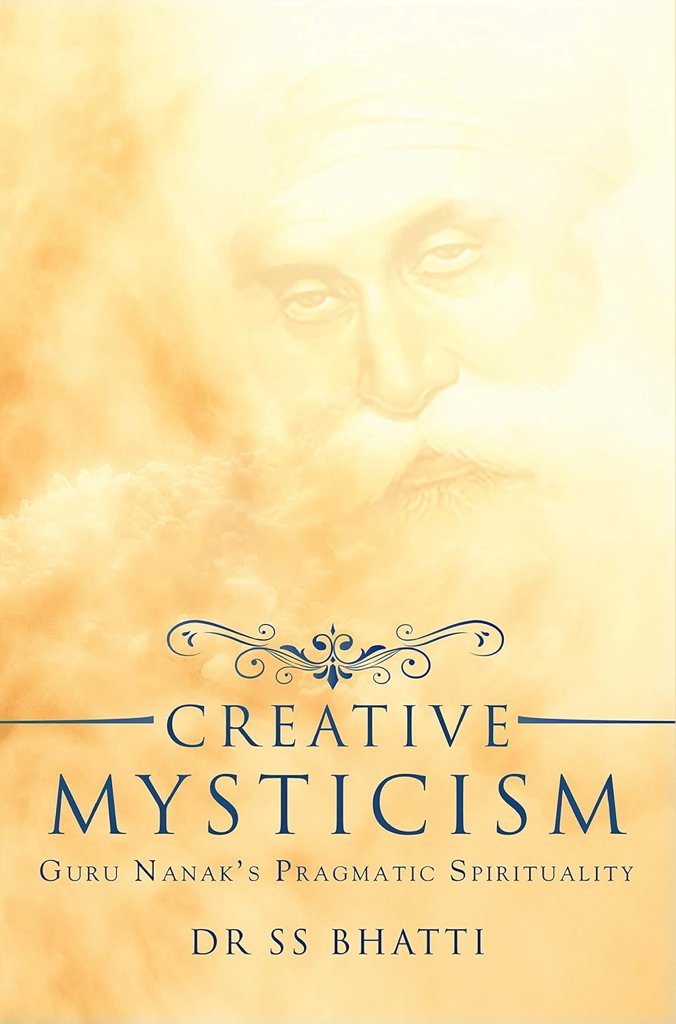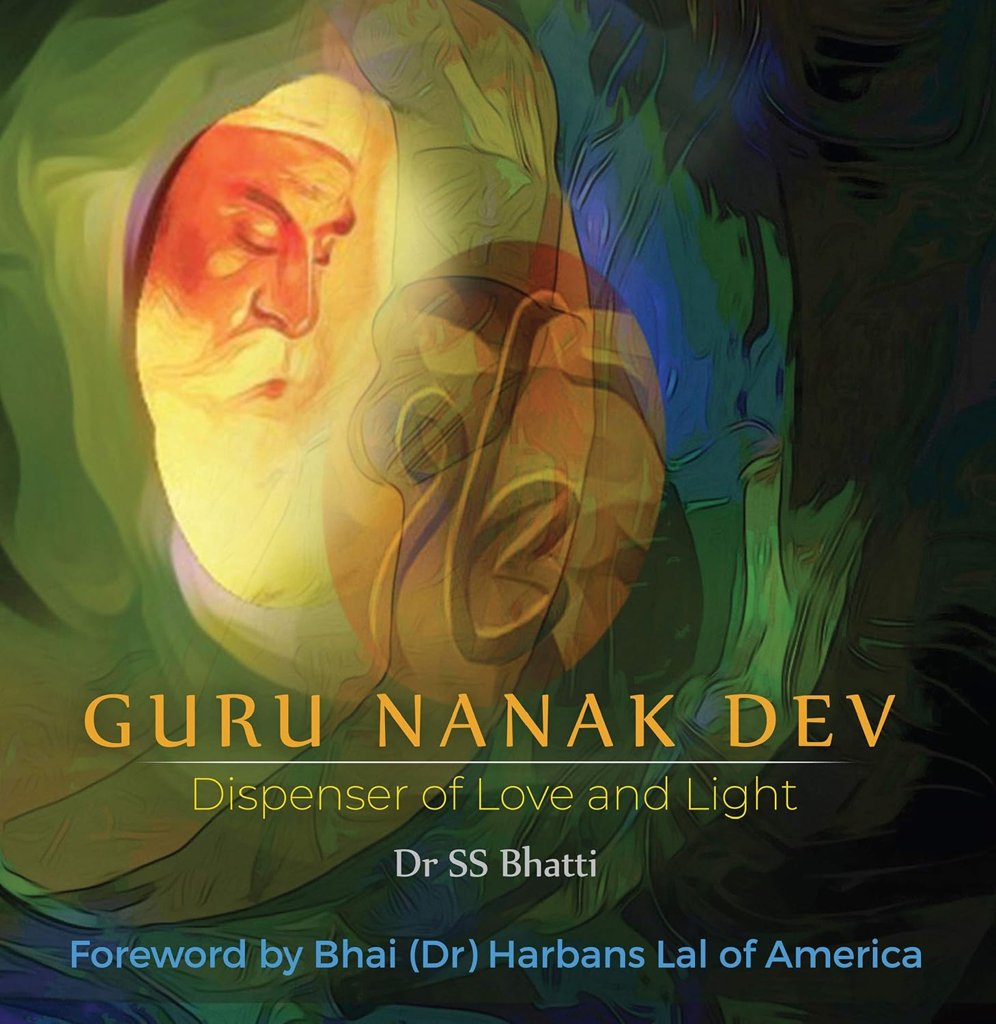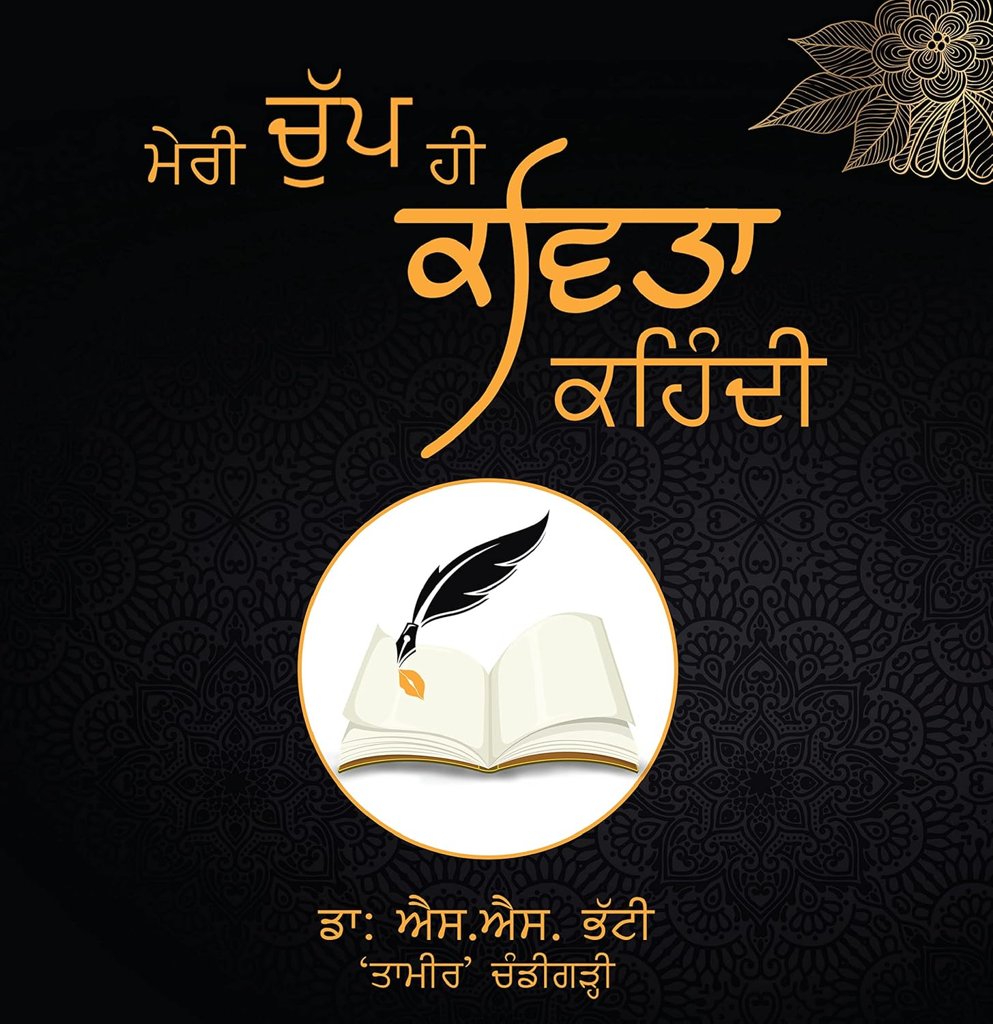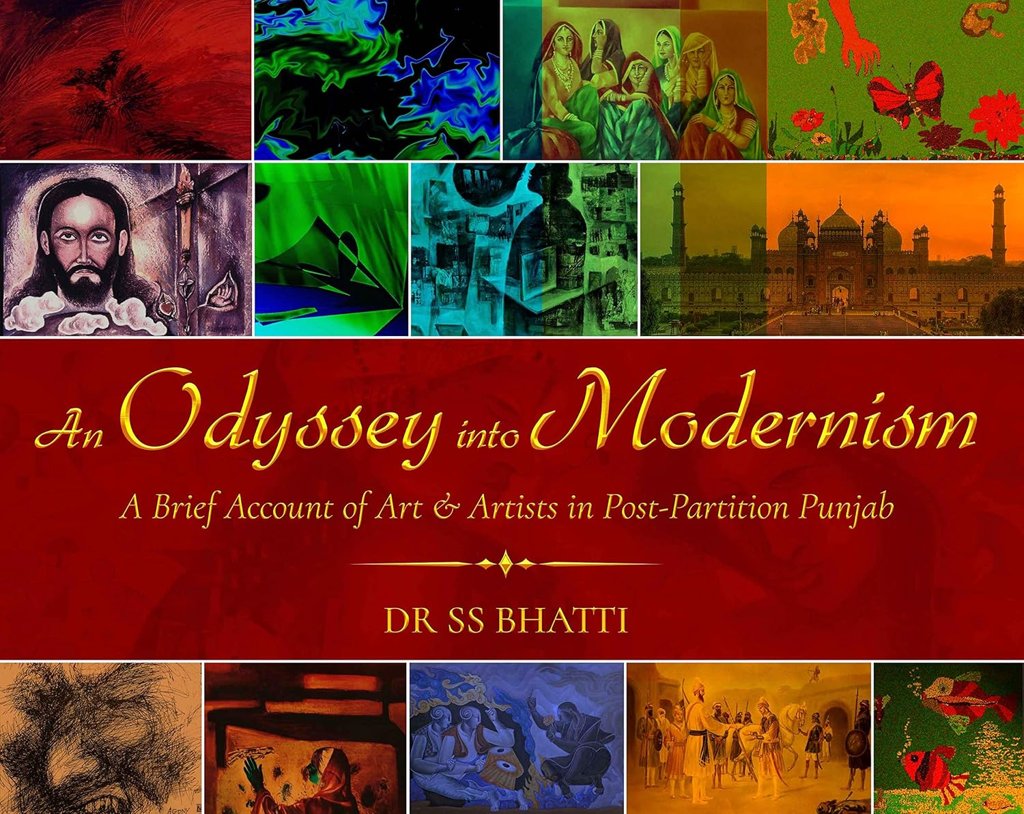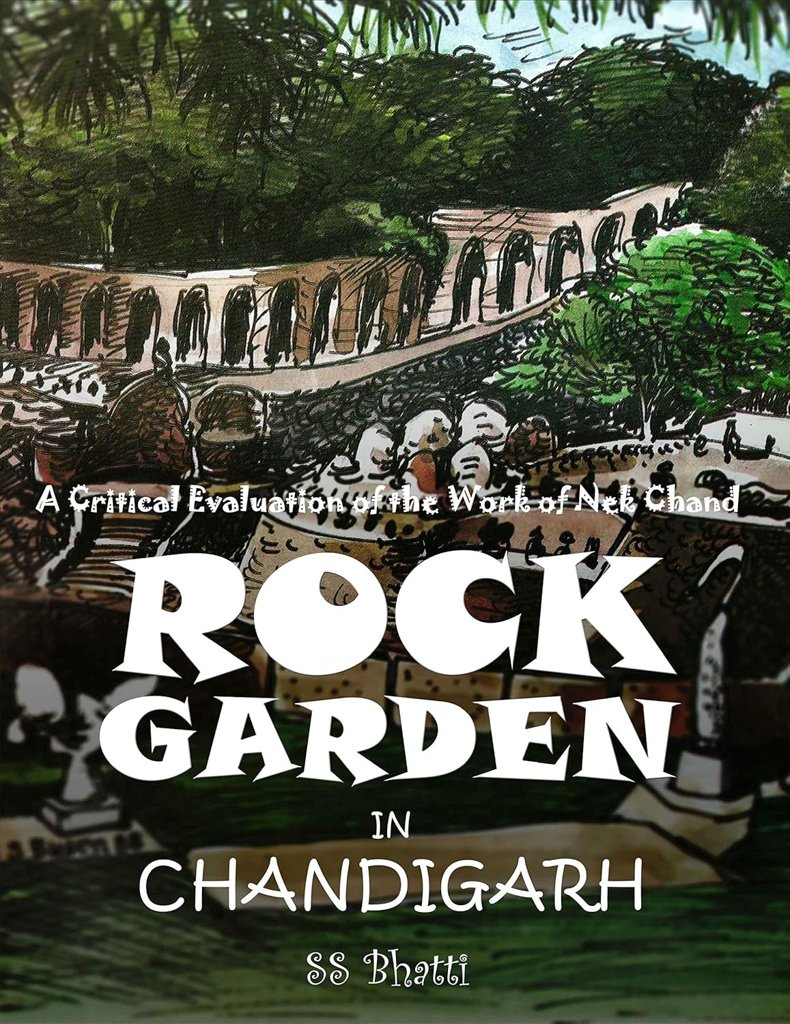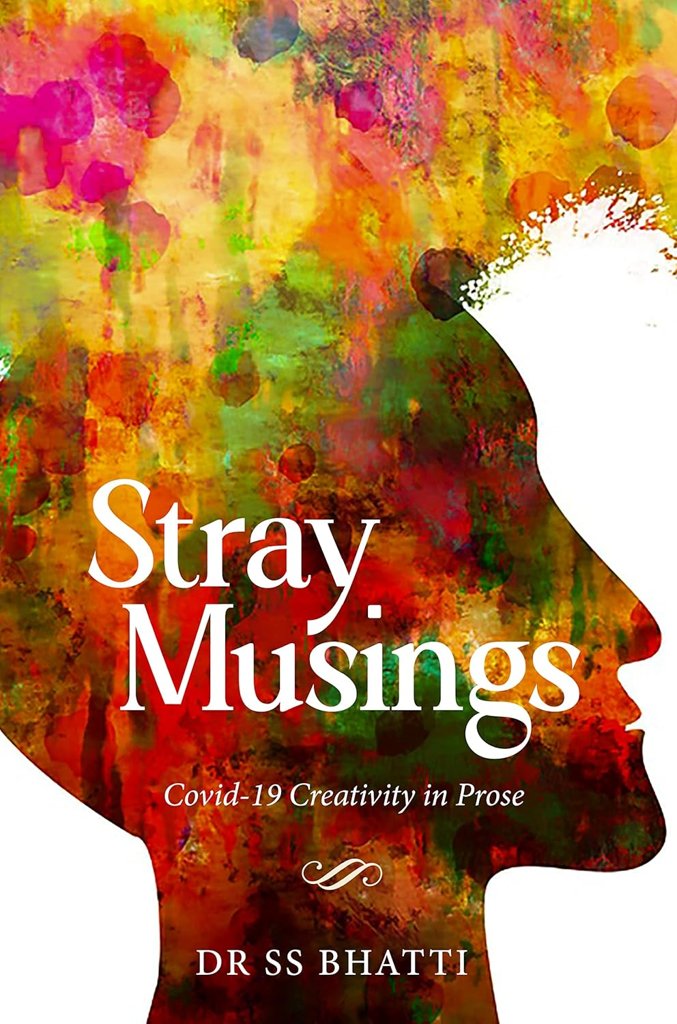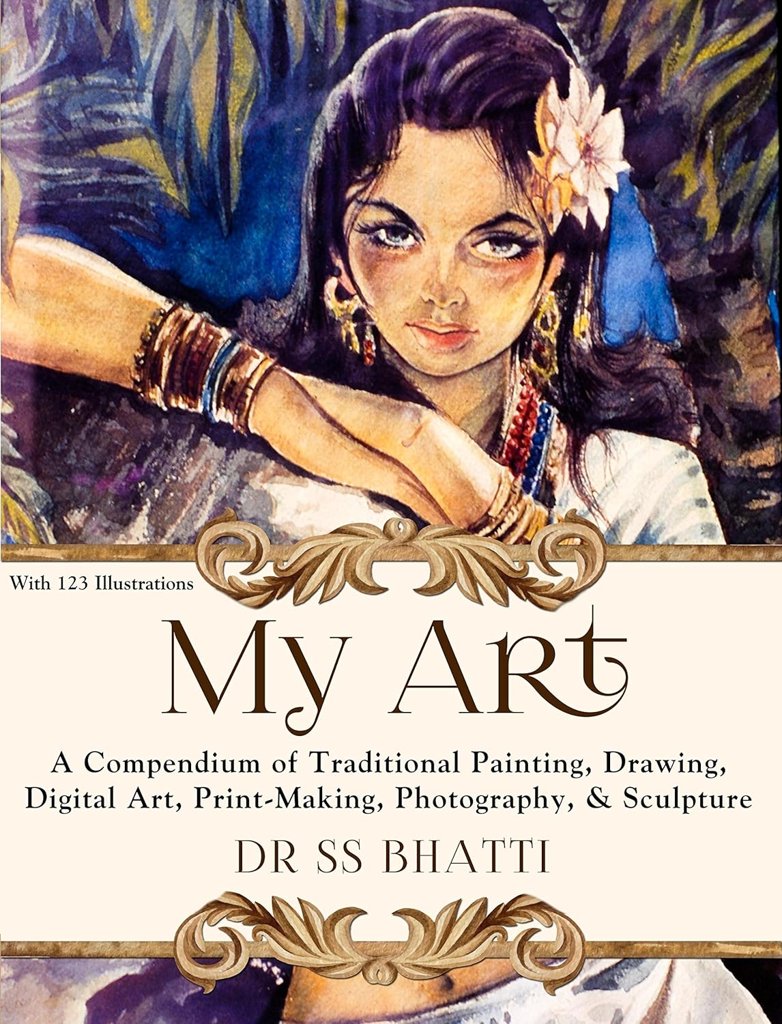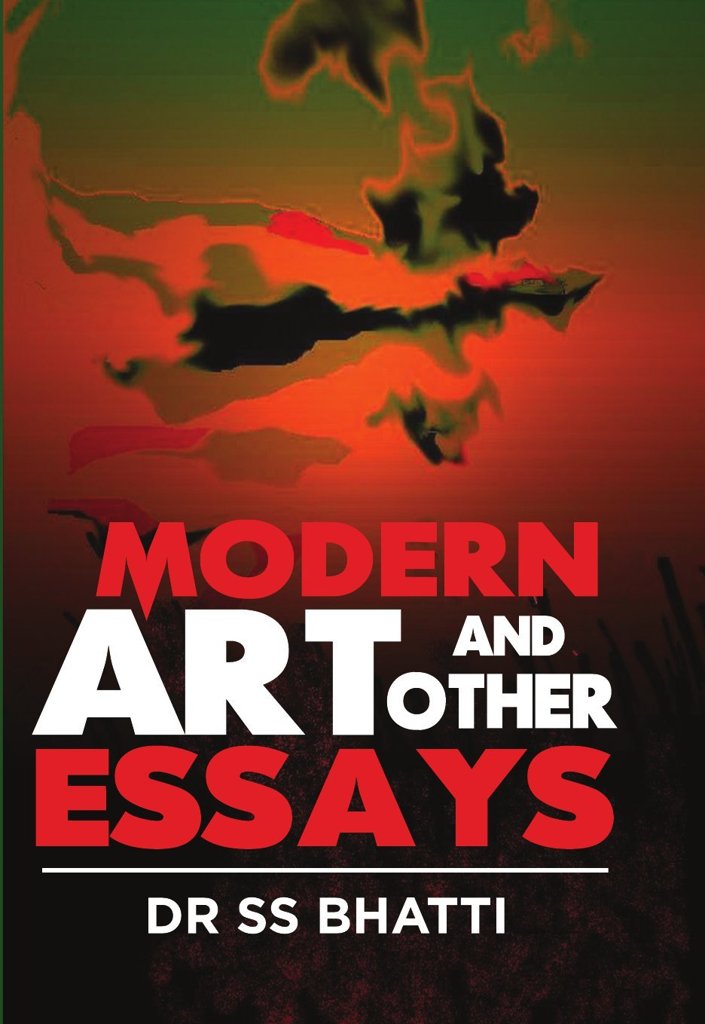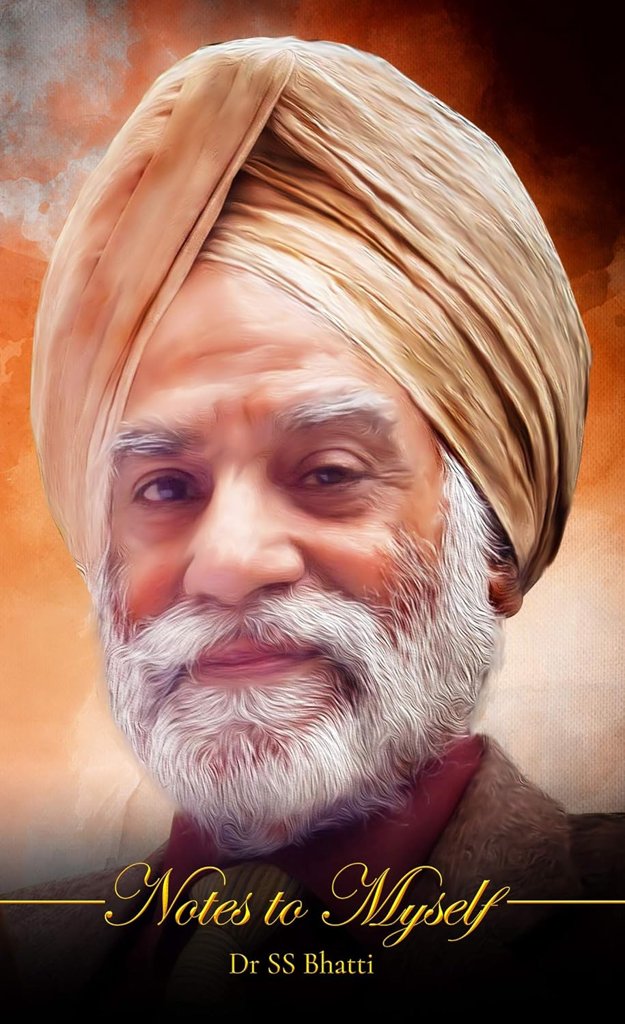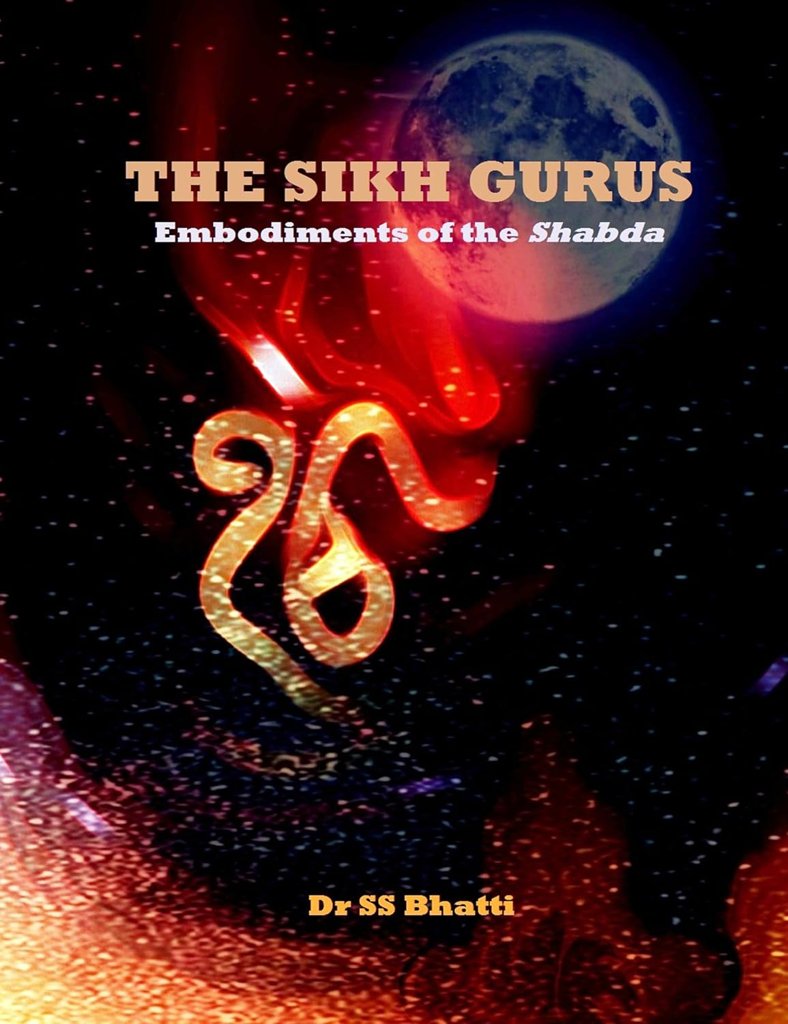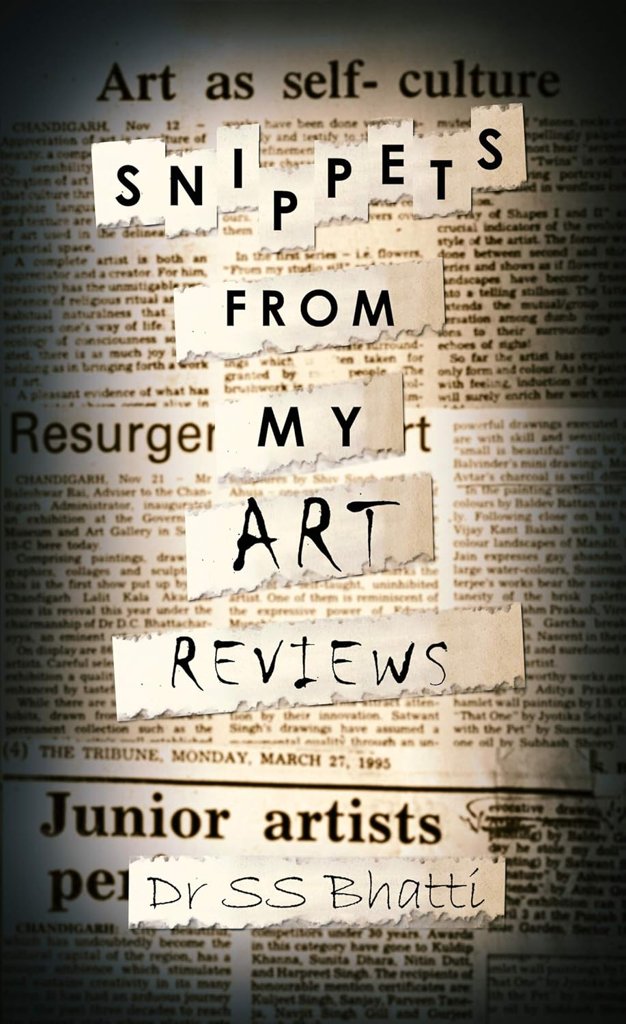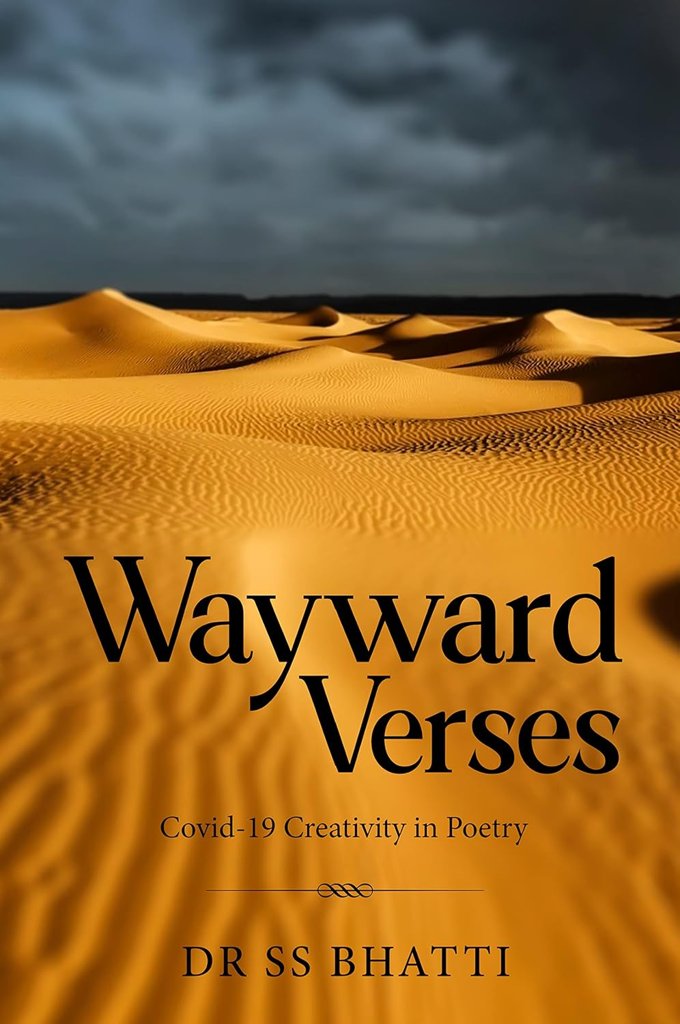Dr. SS Bhatti is an extraordinary polymath whose works are related to architecture, art, literature and holistic scholarship. Dr. Bhatti represents the spirit of lifelong learning and interdisciplinary excellence through his career that has spanned over several decades. In this interview, we delve into the mind of this prolific writer, as well as explore his journey, creative process, knowledge and human potential.
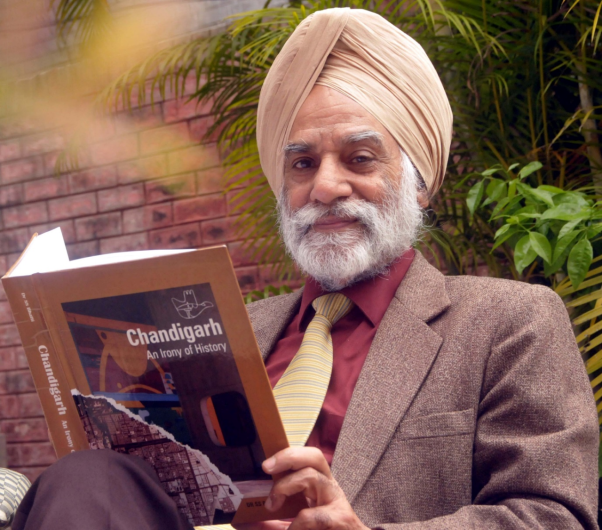
Personal Journey
What inspired your transition from architecture to becoming an author?
I was fond of writing, both prose and poetry, even during my student days at Sir JJ College of Architecture, Bombay [1955-1960]. At that time, we were living in Amritsar, and my father Sardar Balwant Singh Bhatti, a self-taught professional of amazing versatility, was my all-round mentor. He used to studiously correct the letters I wrote him from Bombay, and send them back to me with corrections marked in red ink. This exercise went on for a couple of years until he declared that I had learned enough to write correct English, and he had nothing more to teach me. Subsequently, adopting teaching as a career of my genetic choice, and joining Chandigarh College of Architecture on 07 August 1961 as a founder teacher, I took to serious writing regularly, and started learning systematically the architectonics of this fascinating Literary Art in a manner that professional architects, especially in India, seldom do. To learn writing correct English, I bought several books including grammar and syntax, dictionaries, vocabulary-enhancing primers, et al.
Writing Process
How do you approach your writing process, and how does it integrate with your other professional activities?
There was/is no typical day because every day I used to record and continue to record my observations in diaries. There are no rituals. I re-use used paper and stationery and write with whatever is on hand: a pen or a pencil. Around 2010, I took to the use of desktop computer and learned to type as a replacement for hand-written notes. My writing does not involve balancing it with my professional activities because writing itself is one of my many favourite professions. In fact, all my 55 disciplines are borne and sustained by my dexterity in professional writing. Intuitively, I had been developing my Communication Skills on the empirical import of the dictum of the English philosopher and statesman Francis Bacon (1561-1626): Reading makes a full man; conversation, a ready man; and writing, an exact man. However, as I grew up professionally, I realised the significance of analysis, synthesis, and evaluation as applicable to the comprehension of others’ as much of my own evolution. Therefore, I introduced for the benefit of my students in my teaching material the concept of Four Skills: Listening, Speaking, Reading, and Writing.
As I tested their effectiveness, I went on to declare that if you want to be a good public speaker you must first learn to listen patiently, attentively, and critically. And if you aspire to be a good writer you must first learn to read with utmost care and rather than remember catchy phrases in the speaker’s discourse intellectually ingest the essence of his talk. The result is that I have a highly developed mental faculty that instantly enables me to figure out the depth, breadth, and profundity of the speaker’s speech or the writer’s writing. Thus, looking at Francis Bacon’s quotable quote I infer that Reading makes you well-informed; Conversation enables you think and speak standing as it were on your feet, and Writing sculpts your thoughts into precise word-pictures. All the three together equip you with an arsenal to attack abominable demons of ignorance, prejudice, communalism, and self-conscious haughtiness. Be that as it may, I learned to reject “comparison” and develop a habit of illustrated analysis to figure out the intrinsic value of people, places, things, ideas, and events. My experience corroborates that Comparisons are, indeed, odious.
About the Book(s)
What inspired the story behind your latest book?
There is nothing of the kind that my latest book contains and the first one does not. I do not even remember when my first article or poem was published. My article titled the Scourge of Specialisation was published in 1978 in The Times of India, the country’s oldest English newspaper. It established me as a wholesome thinker which fact I instinctively pursued with undiminished zeal to develop and practise what I call “Holistic Humanism”. The key thought that I have always upheld and celebrated is that Man becomes Human only when he starts using his own mind. Otherwise, he is only a “social animal” to be herded around by the high and mighty. How it works and the formidable challenges that it poses I have studiously striven to demonstrate in my own life. Thus, lived experience compounded of keen observations, analysis, discernment, synthesis, evaluation, and reflection has helped me develop 55 disciplines which many learned scholars have testified to be the rarest of rare human achievements. At any rate, since long I abandoned to eat the food chewed by others. The result is that I have successfully defined for myself everything that matters in life and makes it a joyous liveable experience.
Creative Insights
Where do you draw inspiration from, and how do you handle creative challenges?
Lifelong study of the Humanities, Art, Science, Technology, World Religions, and Cultures has given me an amazing resilience of spirit and I instantly connect knowledge belonging to one field to knowledge whose domain lies in other fields of human endeavour. This has been made possible with the indispensable Communication Skills that I have mastered in the four languages, namely, English, Urdu, Punjabi, and Hindi, in the stated order of importance and acquired thorough knowledge of them. Added to this acquisition is my unique method of acquiring and testing knowledge. I have made Theory, Practice, Research, and Pedagogy my Tools of Interdisciplinary Comprehension. Their instinctive and unfaltering use gives me an instant grasp of people, places, things, ideas, and events—their interrelationships, their interdependences, and their interactive power of mutual modification, enrichment, and advancement. The result is that I can write in a single sitting on any subject conceptually without knowing formally its nitty-gritty even though mathematics, computer, and commerce do not strike sympathetic vibes with me.
Reader Engagement
How do you connect with your readers and fans on a personal level?
Reader Engagement is a slippery ground. Whoever steps on it can earn fame and fortune but, in the final analysis, does disservice to both his literary art and his readers because sooner or later he slips off by the rude jolt of ambition to make a quick buck and earn fame overnight. Exalted creative writing, however, springs from the artesian wells of the writer’s deeper being when he engages and indulges his craft in a state of self-absorbing trance. Thus, though such writing has few readers it is precisely the brand that adds to the great tradition of human genius for writing, which has been abjectly paltry throughout the chequered history of humankind. Long ago, I read a report by a woman librarian from America whose her research had shown that in the world only 17 percent of KNOWLEDGE is ORIGINAL, 83 percent is recycled. Oddly enough, therefore, what came to be called “Knowledge Explosion” was actually a blitzkrieg in the form of information of technological findings and inventions. My definition of INFORMATION is quite simply the naming of persons, places, things, events, and ideas as raw uncooked Food for Thought. Knowledge is generated by such food when it is thoroughly chewed and ingested by those for whom reflection is a healthy habit of mind.
Industry Perspective
What are your thoughts on the current state of the publishing industry?
The Self-Publishing Business has set an interesting, useful, and welcome trend because it gives everyone a chance to publish their writings. Earlier, and even now, there were/are publishers who pick and choose literary art creations from their own point of view, largely centred on the future saleability of the work. I think this is unfair from the writer’s viewpoint. Because to get selected you have to produce a work that is readable and, therefore, can sell easily and well. The crux of the matter is that it encourages playing to the gallery driven by the concerns and constraints of commerce harboured by the publishers as hesitant investors of their money in your literary enterprises.
Future Projects
What are your goals for the future, and how do you see your writing evolving?
AI will take over sooner than later whatever little intelligence humans pretend to possess with the result that genius would be reduced to idiocy, bolstering the sale of books [and everything else such as graphic design] manifold. My goal is singular and my aspiration a distillate. I want people to read my works to know that what we call Knowledge is a package of Skills required for survival and subsistence in the Mortal World, which is not our Permanent Home. To find where it is located and how to access it requires KNOWLEDGE absolutely FREE from trickery and treachery, and dawns only upon them who never saw a school, college, or university. SKILLS belong to the Objective [Outer] World. KNOWLEDGE belongs to the Subjective [Inner] World. To be successful with SKILLS you must build a strong [read, arrogant] IDENTITY, but to succeed with KNOWLEDGE you begin with Self-Abnegation, a complete annihilation of identity which no praxis, including Yoga, can accomplish at will. Hazrat Muhammad was called the “unlettered prophet” [al-nabi al-ummi] but the Holy Quran cannot be written even by the world’s best scholars of the Arabic language. Before the hymns of Saint Kabir, the much-hyped achievements of world-famous scientists like Albert Einstein pale into meaninglessness. Skills make you smart and arrogant, but throws you into the maelstrom of cut-throat competition. Knowledge makes you meek and humble, but draws you away from Mammonism into the haven of contentment and sense of personal self-sufficiency and fulfilment.
Advice and Wisdom
What advice would you give to aspiring authors?
Master the Language you choose to write in. However, it entails life-long dedicated pursuit in the study of grammar and syntax, idiom, building of vocabulary, spellings, knowledge of your mother tongue, and the ability to translate ideas from it to the chosen language of writing. We were introduced to the English language in High School when I was 10. Ever since I have been learning it with boyish enthusiasm and not yet stopped doing so though I am 86 now, and have three million published words to my credit. I took to learning the Urdu language in 1970, and still learning it, with nine anthologies of poetry in my kitty.
Personal Reflections
How do you unwind and relax when you’re not writing or working?
I do not need to unwind and relax because I had since long withdrawn from competition. This tendency as foolishly followed worldwide is dead against the spirit of evolving Humankind that requires Collaboration, not Competition, to move progressively towards a higher order of civilisation in which Human Creativity is the Directive Principle. Now, I have developed a wanderlust for adventuresome ramblings of stray thoughts which keep me engaged so much that I never feel bored! The moment an exciting idea strikes me its reflection automatically follows. Depending upon its novelty and intensity the process thus ignited leads me to its formulation in literary art using either prose or poetry. In my younger days, I wrote the poem “Toilet is the Temple of Modern Man”. Its essence has so imbued my being that whenever I am in the washroom, rambling of thoughts becomes mulling, and mulling turns into meditation which by its very nature is unwinding and relaxing.
Dr. SS Bhatti's journey from architect to multidisciplinary author and thinker is a testament to the power of lifelong learning and intellectual curiosity. His approach to knowledge and writing challenges conventional wisdom and encourages a deeper, more holistic understanding of the world. As we navigate an increasingly complex and technologically driven world, Dr. Bhatti's emphasis on true knowledge, self-reflection, and interdisciplinary thinking becomes ever more relevant. His work reminds us that the pursuit of knowledge is not just about acquiring skills or information, but about transforming ourselves and our understanding of the world around us.
Available on Amazon


